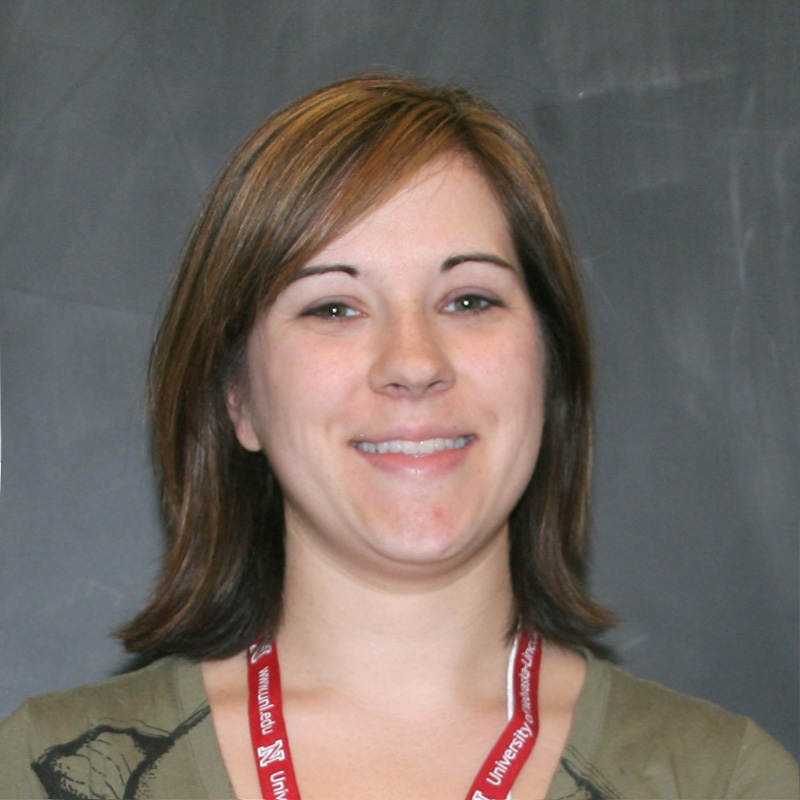
Two articles about NebraskaMATH and teacher leadership/ coaching were published online on MSPnet. One article was co-authored by Noyce Master Teaching Fellow Paula Jakopovic Millerd of OPS.
1) "Infrastructure Redesign and Instructional Reform in Mathematics: Formal Structure and the Practice of Teacher Leadership," James Spillane, Megan Hopkins, Paula Millerd, Ruth Heaton, Infrastructure And Teacher Leadership Practice, 2013.
http://hub.mspnet.org/index.cfm/26083
"This article examines one school district's efforts to improve elementary mathematics instruction through transforming its organizational infrastructure to support teacher leadership. Using social network surveys and interview data from 12 elementary schools, we explore how the district designed its infrastructure to influence teacher leadership practice in general and in mathematics in particular. We then consider how these formal structures influenced practice by examining changes in the mathematics instructional advice- and information-seeking behaviors among school staff. Our analysis revealed that the district undertook a purposeful selection process for teacher leaders in mathematics that facilitated the integration of new formal structures into the existing infrastructure. These new structures enabled formal teacher leaders to emerge as central actors and influential brokers of advice and information about mathematics. Additionally, the new structures put in place to support formal teacher leadership did not undermine the emergence of informal teacher leadership within schools."
2) "Organizing for instruction in education systems and school organizations: how the subject matters," James Spillane, Megan Hopkins, Journal of Curriculum Studies, July 2013.
http://hub.mspnet.org/index.cfm/26084/
"Teaching, the core technology of schooling, is an essential consideration in investigations of education systems and school organizations. Taking teaching seriously as an explanatory variable in research on education systems and organizations necessitates moving beyond treating it as a unitary practice, so as to take account of the school subjects implicated in the work. Building on and extending earlier work, in this paper we examine subject matter differences in how one education system (Local Educational Agency) and its elementary schools organize for instruction in the core elementary school subjects. Specifically, this paper explores how education leaders and teachers in one local American school district interact with one another with respect to advice and information about teaching and learning in literacy, mathematics and science. We examine similarities and differences in school staff members' advice and information networks and consider how these differences relate to the formal organizational infrastructure intended to support instruction."